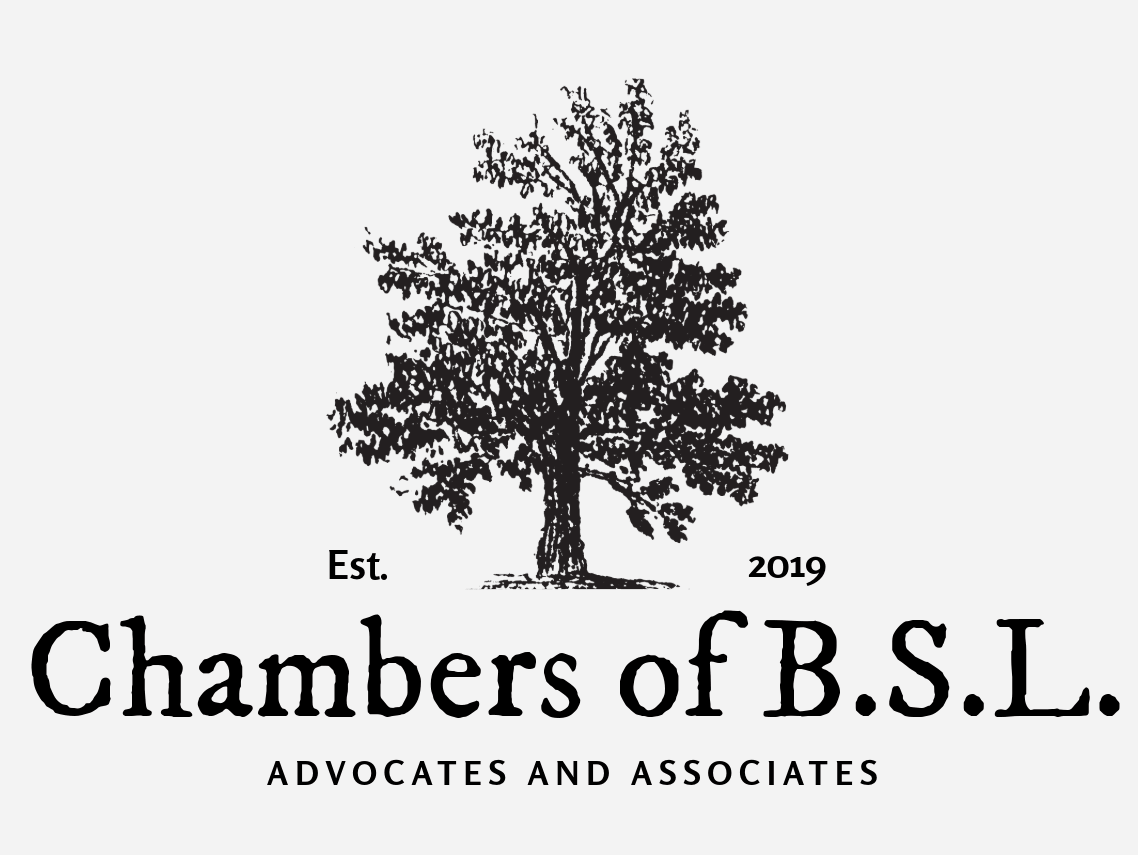
Banking and DRT Practice
Banking law governs the relationship between financial institutions and individuals or businesses, with disputes often arising out of loans, advances, recovery proceedings, and contractual obligations. In India, recovery of debts due to banks and financial institutions is regulated by the Recovery of Debts and Bankruptcy Act, 1993 through Debt Recovery Tribunals (DRTs) and Debt Recovery Appellate Tribunals (DRATs). Additionally, the SARFAESI Act, 2002 empowers banks to enforce security interests without court intervention in certain circumstances.
Practice in this area includes representing parties in proceedings before DRTs and DRATs in matters involving loan defaults, mortgage enforcement, recovery suits, and challenges to possession notices under SARFAESI. Cases may also involve restructuring of debts, insolvency-related issues, and settlement of claims. Individuals often seek legal recourse when alleging unlawful recovery measures or improper application of statutory provisions.
The scope of work requires careful examination of loan documentation, mortgage deeds, and financial records, along with a sound understanding of procedural rules under the relevant statutes. Practice in this field also overlaps with insolvency proceedings under the Insolvency and Bankruptcy Code (IBC), particularly where banks act as financial creditors.
Banking disputes are addressed by preparing petitions, replies, objections, and appeals before the DRT and DRAT, along with guidance in negotiation or settlement processes. Representation also extends to writ petitions before High Courts challenging actions under SARFAESI or orders of tribunals.
Banking and DRT practice is ultimately about balancing creditor rights with debtor protections, ensuring that statutory compliance and procedural safeguards are observed.


